Understanding the subtle signs of autism in children can be challenging. Many parents might overlook these signs as mere quirks or developmental lags. However, recognizing these early indicators is crucial for timely intervention and support. This guide outlines 12 specific signs that could suggest your child is living with undiagnosed autism. Each sign is described with unique insights and creative perspectives to enhance understanding.
1. Social Interaction Difficulties

“Why prefer solitude over play?” Some children avoid social engagement.
2. Repetitive Movements
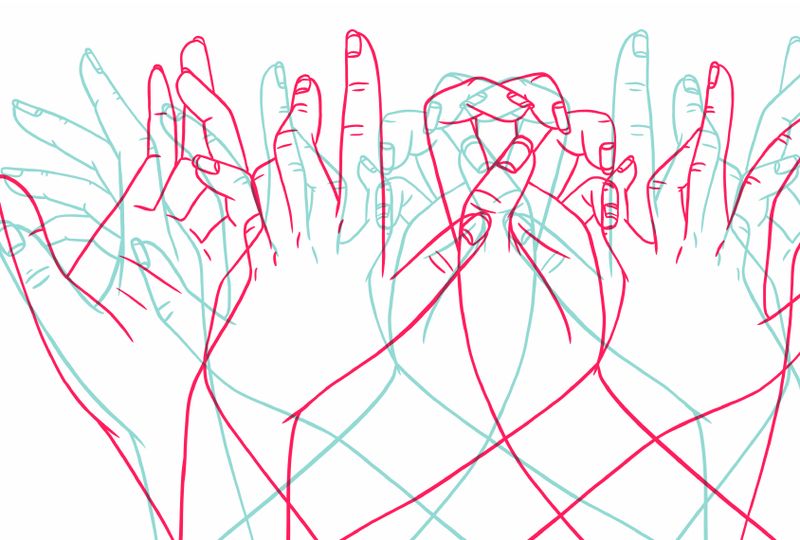
Hands flap, bodies rock. Repetitive actions soothe their world.
3. Sensory Sensitivities
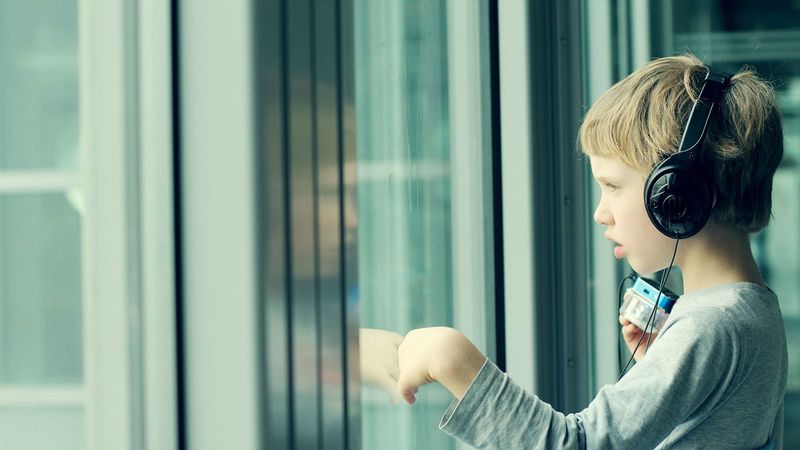
Bright lights, loud noises overwhelm their sensitive senses easily.
4. Intense Focus on Interests
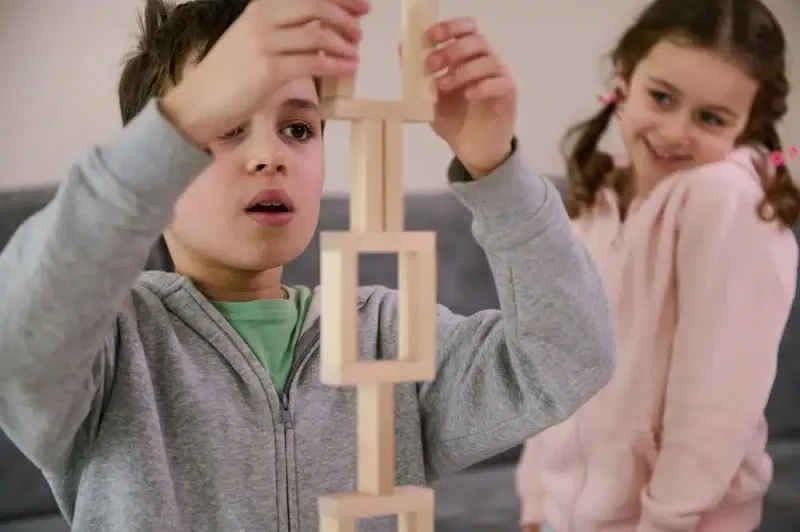
Obsessions take center stage, blocking out everything else around.
5. Delayed Speech Development
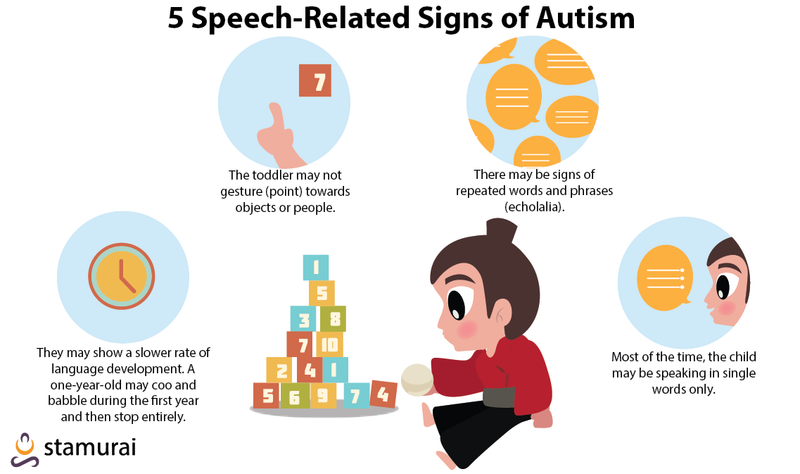
Slow to speak, words tumble awkwardly, revealing hidden challenges.
6. Struggles with Change

Changes disrupt harmony, causing distress in their structured world.
7. Unusual Attachment to Objects
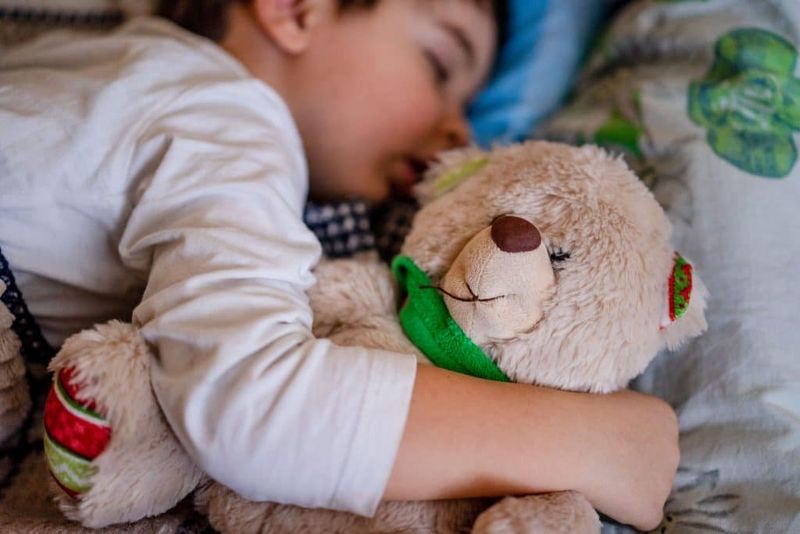
Objects comfort them; separation brings unexpected distress and anxiety.
8. Lack of Eye Contact
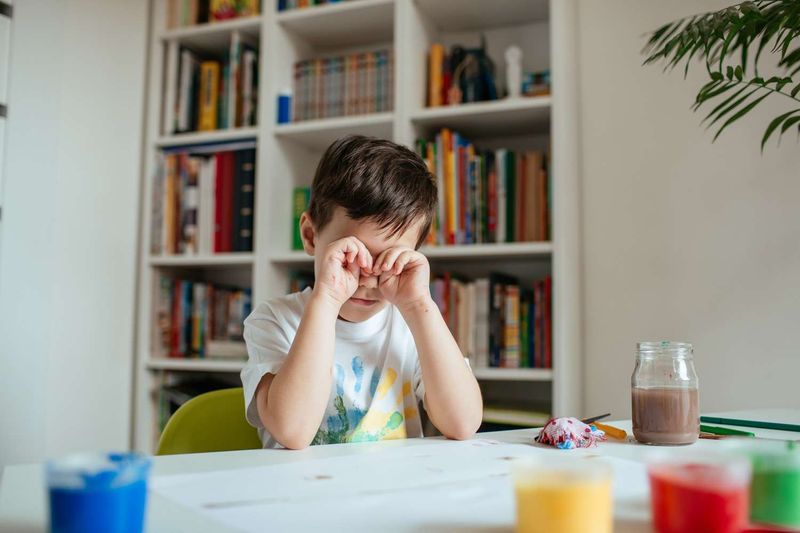
Eyes wander elsewhere, avoiding direct gaze in interactions.
9. Literal Interpretation of Language
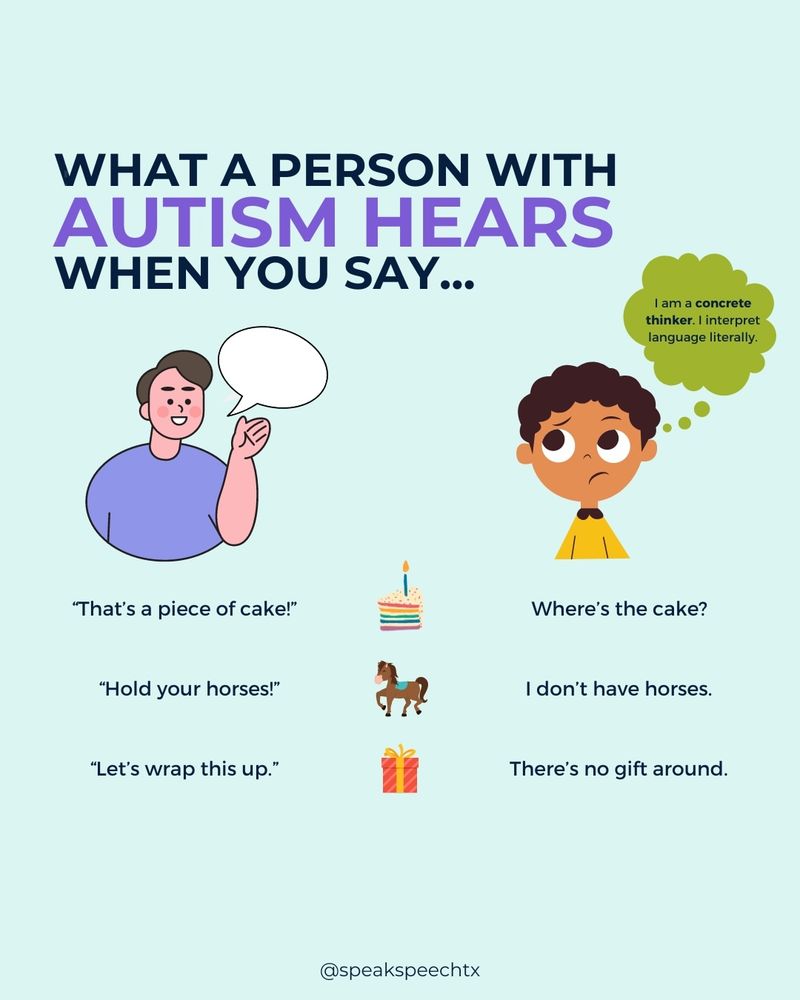
Taking words literally, idioms become puzzles hard to solve.
10. Echolalia
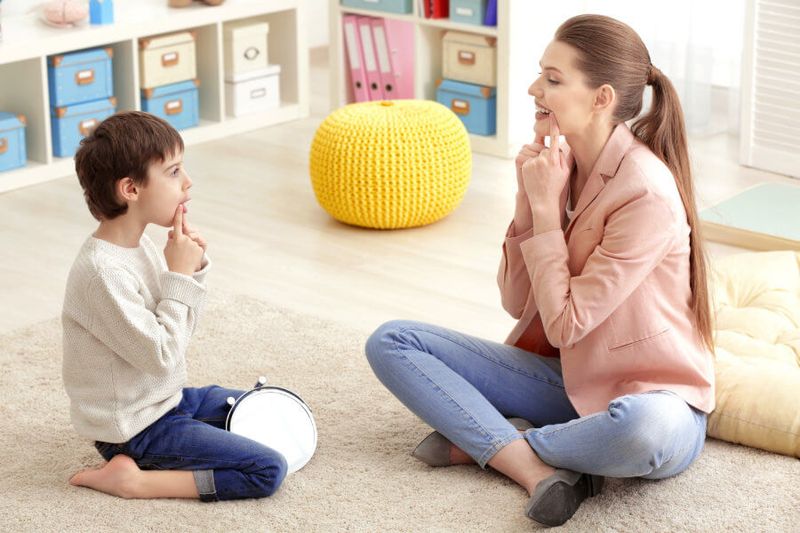
Echoing phrases peculiar to them, communication through repetition.
11. Difficulty Understanding Emotions
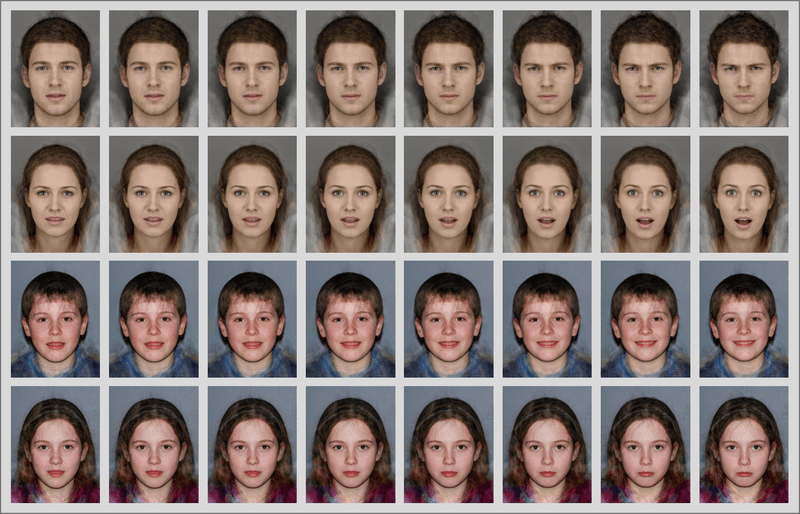
Emotions elude them; reading faces becomes an unsolved mystery.
12. Preference for Routine
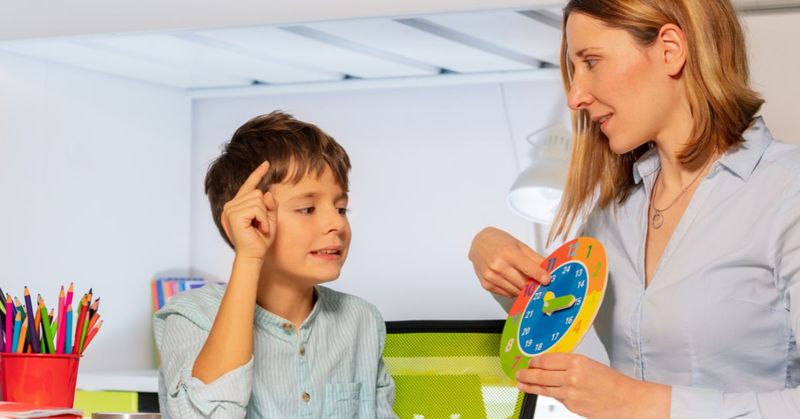
Routine is comfort, deviations bring confusion and unease.

